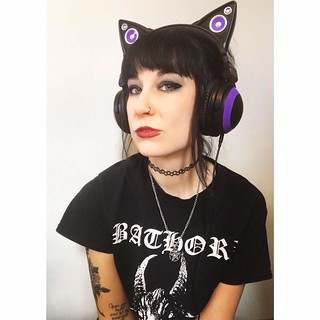Winter doesn't officially start until December 21st, but I am not sure if I will get a chance to finish the book I am reading before then. I just looked at my Goodreads goal for the year, and was disappointed to see that I only read 16 books so far this year. In my teenage/early 20s years, I could read 2-3 books per week, even while working full time, and in college. Now? I don't know what my excuse is.
I think one of my goals for 2015 will be to bring a book with me wherever I go, like I used to, and read that instead of scroll through my phone whenever I get bored. I used to go to the bar with Kyle and the guys, and while they played pool, or darts, I would sit and read. It was really nice, because I felt like I was "out" being social, but still felt like I was getting some alone-time in. Another plus-side to this: annoying drunk people will still come up to you if you're on your phone, not so much if your face is buried in a book. So there is that.

Anyway, onto the books! I only read four, sadness, but they were all really great!
Harry Potter and The Chamber of Secrets- By J.K. Rowling. I started re-reading this series towards the end of the summer, and I am so glad that I did! The plot follows Harry's second year at Hogwarts, during which a series of messages on the walls of the school's corridors warn the "Chamber of Secrets" has been opened, and that the "heir of Slytherin" would kill all pupils who did not come from all-magic families. These threats are followed by attacks which leave residents of the school "petrified" (frozen like stone). Throughout the year, Harry Ron, and Hermione investigate the attacks.
Harry Potter and The Prisoner of Azakaban- By J.K. Rowling. The book follows Harry, and his friends at Hogwarts, in their third year at Hogwarts. They spend the year investigating Sirius Black, an escaped prisoner of Azkaban whom they believe is one of Lord Voldemort's old allies.
There isn't much to say about these books, aside from the fact that I still love them as much as I did when I was a teenager. What is notable, however, is how much the movies not only changed certain events in the books, but also character traits. They really made Ron Weasley seem like a chump at times in the movies, when he was a witty little shit in the books.
The Electric Kool-Aid Acid Test- By Tom Wolfe. A non-fiction book published in 1968, the book is remembered today as an early example of the growing literary style called new journalism. Wolfe presents an as-if first hand account of his experiences with Ken Kasey and his band of Merry Pranksters, who traveled across the country in a colorfully painted bus name "Further". Kasey and the pranksters became famous for their use of LSD and other psychedelic drugs in the hopes of achieving inter-subjectivity. The book chronicles the Acid-Tests (parties in which kool-aid laced with LSD was given out to obtain a communal trip), the group's encounters with famous authors, the Hells Angels, and The Grateful Dead, as well as Kasey's exile to Mexico.
Being a HUGE fan of of "One Flew Over the Cuckoo's Nest", I really wanted to read this book for awhile. I took an intro to journalism course at Oakland University, but had no idea what 'new journalism' was. This book was amazingly written, that needs to be stated first. There are times when it is quite obvious Wolfe sat back and just wrote down everything he observed, and there are little interviews with pranksters peppered throughout the book, reminding the reader that this is a journalistic piece. However, Wolfe goes into such vivid detail, that is just so easy to slip into the mentality that an actual prankster wrote the book. Another thing to keep in mind: this was during the mid-late sixties, before acid became a main-stream drug, so the rest of the world was completely baffled by this group. Cops would constantly pull them over, just to let them go again, because they didn't know what to think of them.
The mentality of the Merry Pranksters is something to be in awe of. They maintained a constant balance of non-conformance, and communal well-being. They shared housing, they shared food. They decked themselves out in Day-Glo paint to the point where they were unrecognizable. They accepted the mentality that everyone was their own, individual person, in their own "movie", but you were also either "on the bus", or "off the bus".
William Shakespeare's Star Wars (Verily, a New Hope)- By Ian Doescher. A non-cannon book, retelling the story of Star Wars, as if penned by William Shakespeare.
I borrowed this book from my friend Aaron over the summer, and just got around to reading it. This was just for fun, and it was really cute! It is completely written as if The Bard himself wrote it, and it is perfect for someone with a BA in English, who also grew up watching Star Wars. ;)
- 11:54 AM
- 10 Comments



